On the morning of Wednesday, November 6th, after a restless night tossing and turning, I picked up my phone, clicked on instagram and brought up Michelle Obama’s page: Nothing. I did the same with Barak Obama’s page, again finding nothing. This was all I needed to see to understand my worst fear had come true. To cope, I stepped off the cliff into the great abyss of ignorance, vowing to return to the days before we all carried a phone in our pocket and knew things about world events far and wide. For my own mental health, I know this is essential and the only way I can survive. With tears of sadness rolling down my face, I canceled my NY Times subscription, my Guardian subscription. I deleted my Apple News app, left my phone on the kitchen counter, and headed outside. As always, the ancient trees welcomed me. Resting my back against a towering oak, I sat, feeling my anger float away, like fog in the valley. Some of the oaks in our yard are close to 250 years old! Sitting beneath them on a bed of fallen leaves, I yearned for their strength, wanted my life to be as simple as theirs, with no cares in the world. Imagine the things these trees have witnessed!
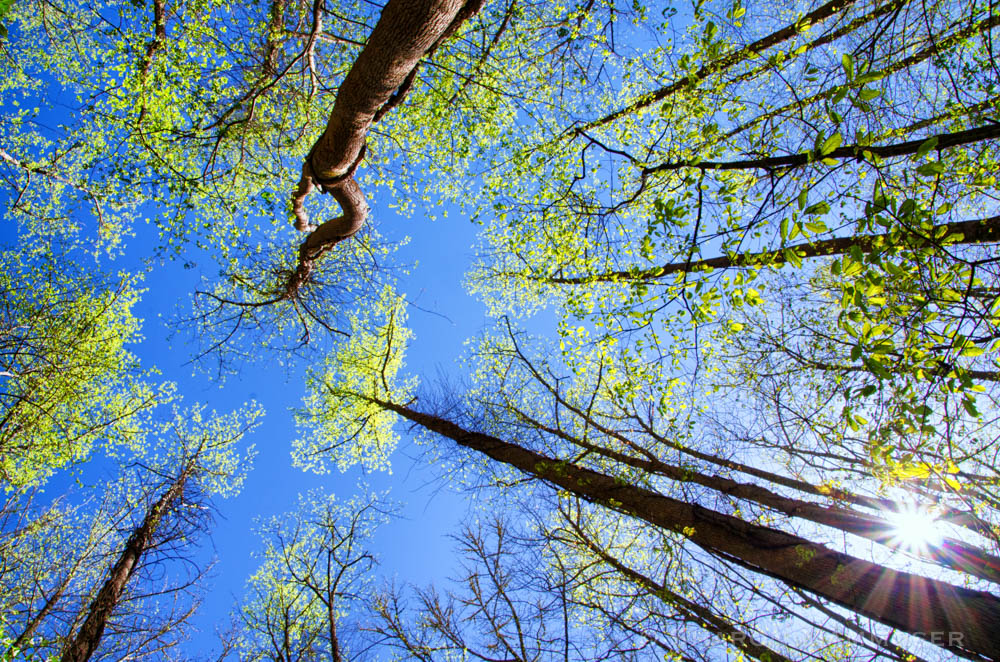
Since then I’ve spent a lot of time alone, thinking, reflecting, trying to be outside, or looking outside as much as possible. Nature is free therapy, available always, even if your little corner of the world only offers one tree or a handful of flowers busting from a corner tangle or from a crack in the sidewalk. What I like to call “sky tv” is always there– just tilt your chin up and watch the clouds. Will it solve the world’s problems? Of course not, but it will offer some relief and something you can embrace and welcome. I’m leaning into solitude, of time spent doing nothing, or trying my best to appreciate all of the little things in my life that bring me joy: playing with my dog, feeling the sun on my face, getting my hands in the dirt, watching the birds pick at the seed heads I’ve left standing in my garden. You too can look for the little things that bring YOU joy. You too can step outside and enroll in some free nature therapy. You too can choose to let go of the constant news stream that only brings anger and heartbreak.
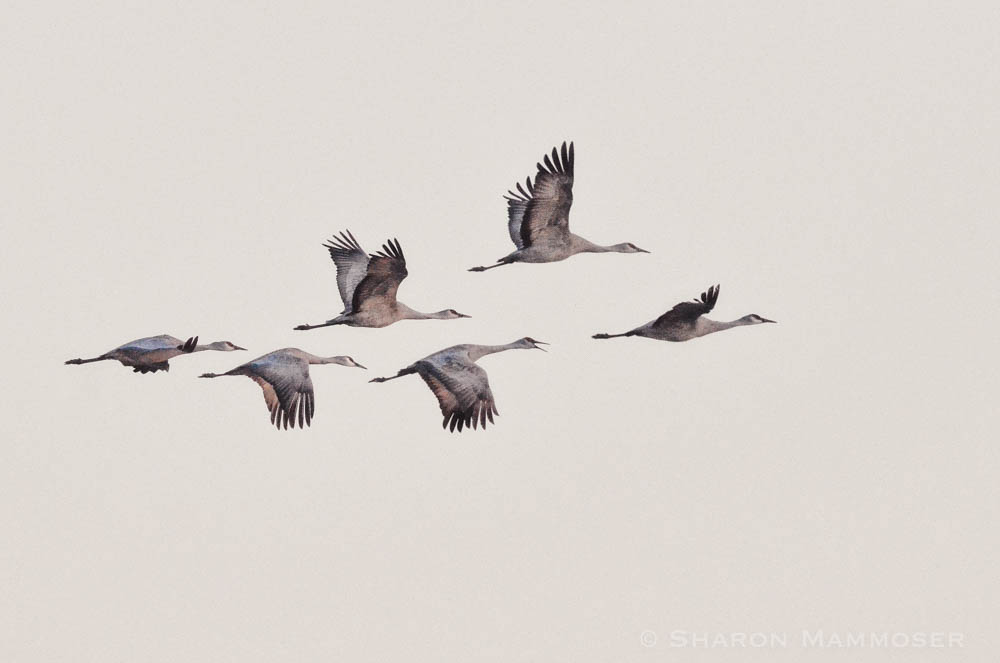

I read a great quote the other day: “The best gift each of us can give to ourselves every day is to decide to be happy.”
Obviously, this is, and will be especially now, a lot harder than it sounds, but the alternative is 4 years of anger, sadness and misery if every day we spend hours reading the news. Insults, selfishness, and vulgarity have replaced kindness, empathy and compassion.
I also am reminded of a poem I discovered 20 years ago, and still can recite it from memory even after all of this time. It was written by a man named Kenny M. Fullington who had ALS and ultimately died from this disease when he was only 50. The first stanza and the last sentence stand out the most to me. When I was in my twenties I wrote an entire young adult novel (never published) that featured this poem and this theme of overcoming adversity through our attitudes and inner thoughts. Many of us are not aware of the power we have over our mood– just by changing the things we have on repeat in our brains.

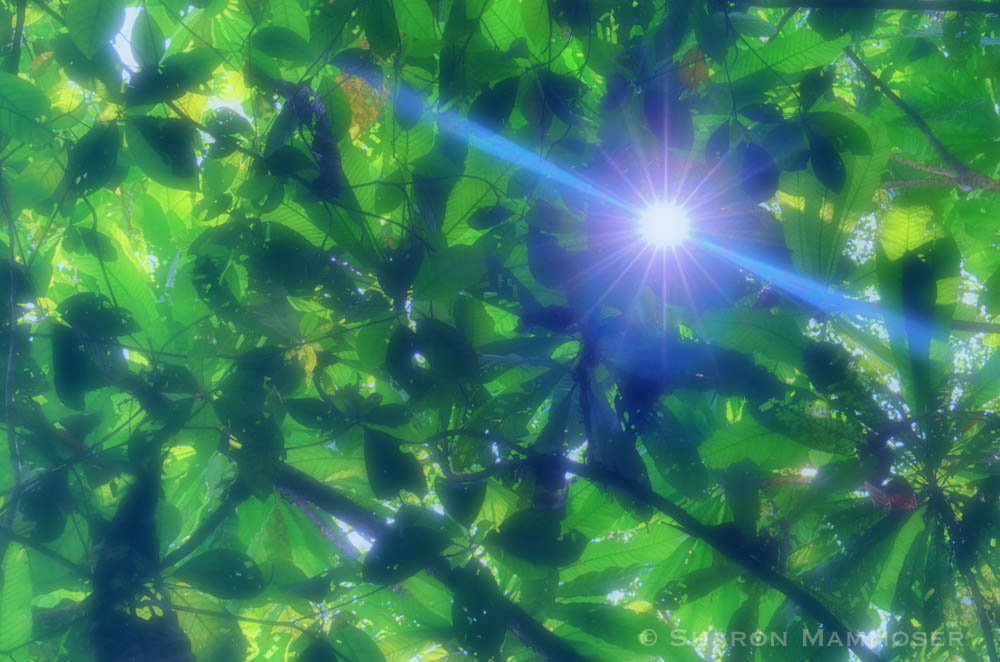
Today, by Kenny M. Fullington
Outside my window
A new day I see
And only I can determine
What kind of day it will be
It can be busy and sunny
Laughing and gay
Or boring and cold
Unhappy and gray
My own state of mind
Is the determining key
For I am only the person
I let myself be
I can be thoughtful
And do all I can to help
Or be selfish
And think just of myself
I can enjoy what I do
And make it seem fun
Or gripe and complain
And make it hard on someone
I can be patient
With those who may not understand
Or belittle and hurt them
As much as I can
But I have faith in myself
And believe what I say
And I personally intend
To make the best of each day
Here are a few other suggestions I have for coping in these tough times:
- Get outside as much as possible, and leave your phone off so you can be immersed in nature. Take a walk, Sit beside a tree. Go for a hike. Lie on the grass and watch the sky. Do nothing but BE.
- Start a garden or spend time in a garden. Science has shown that getting your hands in the dirt is therapeutic, something about the microbes in the soil influencing your mental health in a positive way.
- Put up a bird feeder and spend time watching the birds.
- Gather with friends or family to talk, laugh, cry, be silly, play games, and be social. Science has also shown the value of relationships and spending time with others on your well-being and mental health.
- Listen to music, dance, or just move your body. This is another form of therapy, a special kind of time travel that has the power to uplift or inspire tears, either one a cleansing therapy that has positive benefits.
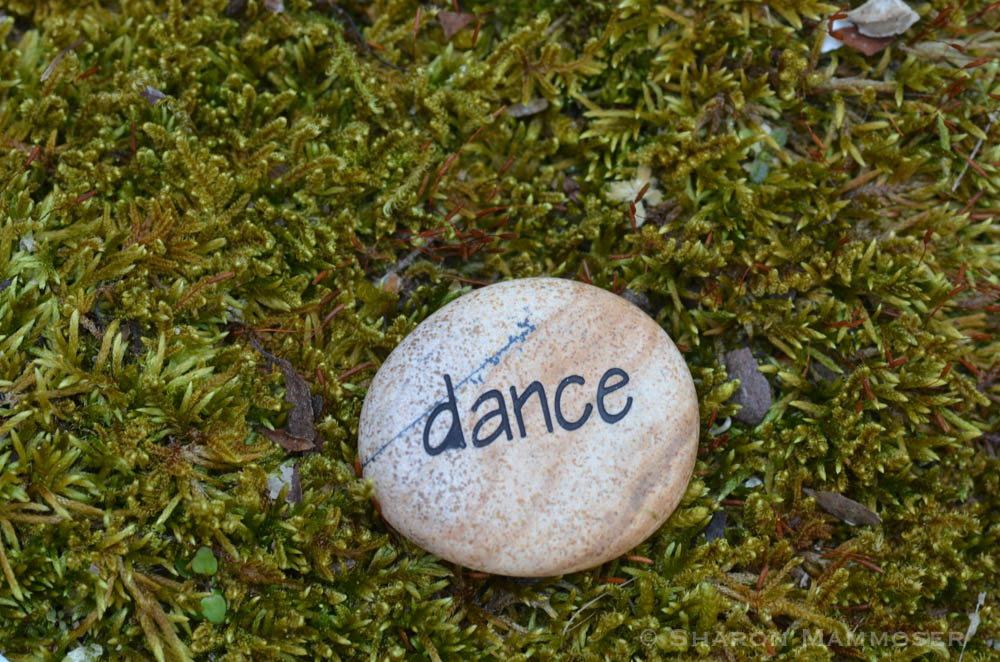
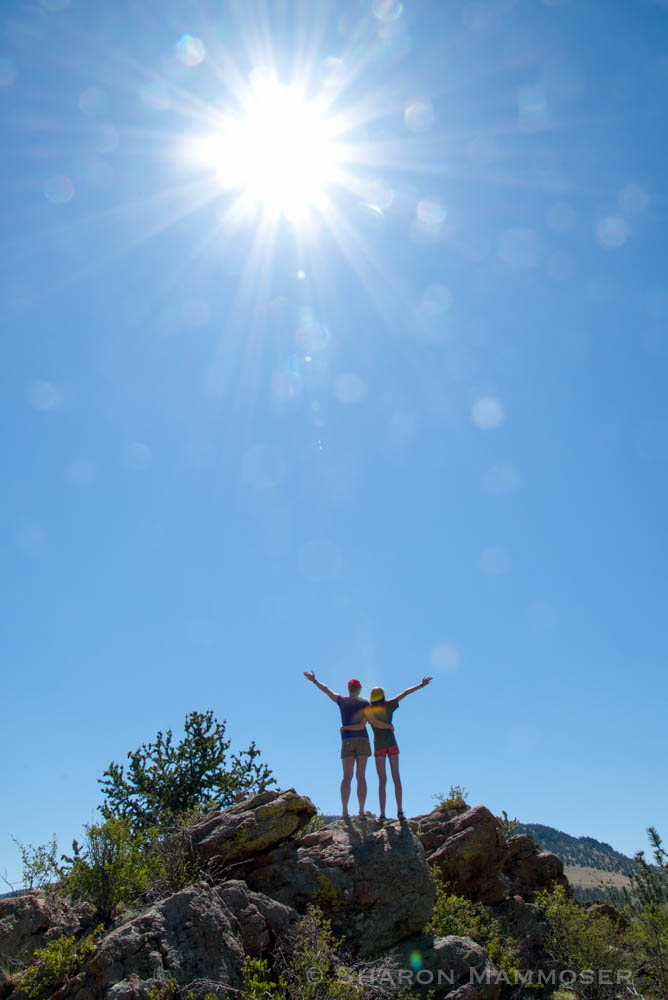
We will get through this even though it won’t be easy. We all need to protect our sanity and make choices that are best for us. It’s not selfish to say no to things that will cause you stress or put you in situations that ignite anger or sadness. Being angry and sad, feeling betrayed, confused and hopeless cannot be the new norm. This is your reminder to prioritize your mental health.
What would you like to add? What other ideas do you have?

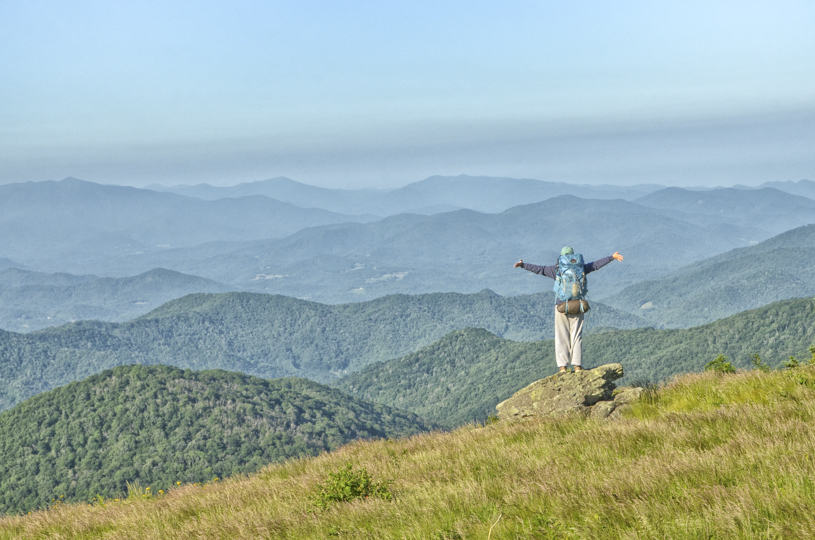
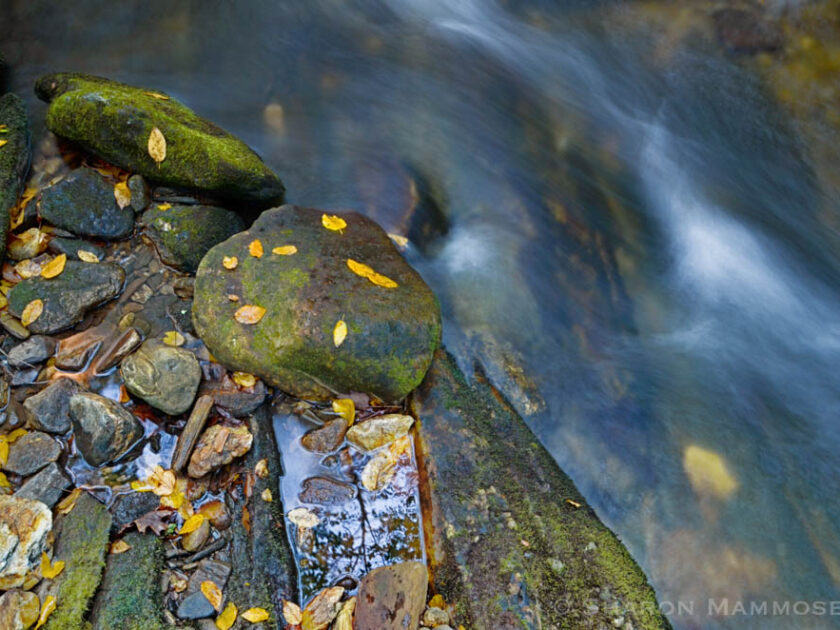
Thank you, Sharon. You are a wise woman helper in my life.
You’re welcome Carol. Take care of yourself.
Reading was found by researchers at Sussex University to be far and away the best method of reducing stress (by as much as 66% in as little as 6 minutes). I like to read books which help me forget where I am. I also write rhyming poems about wildlife and Nature, which by imagination I transport my mind away from sources of stress. Even writing bad poetry is beneficial to one’s mental health. The poem by Kenny M. Fullington is excellent. One can conjure up a place in one’s mind that brings peace and contentment as in:
Savour the bright morning song of the meadowlark
And the saurian sounds of the heron after dark,
But when the whip-poor-will hunts by the full moon,
May I hear the haunting wail of a breeding loon.
Murray Arthur Palmer
Murray, you always have wise words. Thanks for reading and commenting. I like your addition of reading books. They definitely can transport us to a different time and place. I also like the idea of writing poetry. And I love your four line poem at the end of your comment. The haunting call of a loon is like nothing else. Wish I could hear one now! Great ideas! Thanks for sharing.